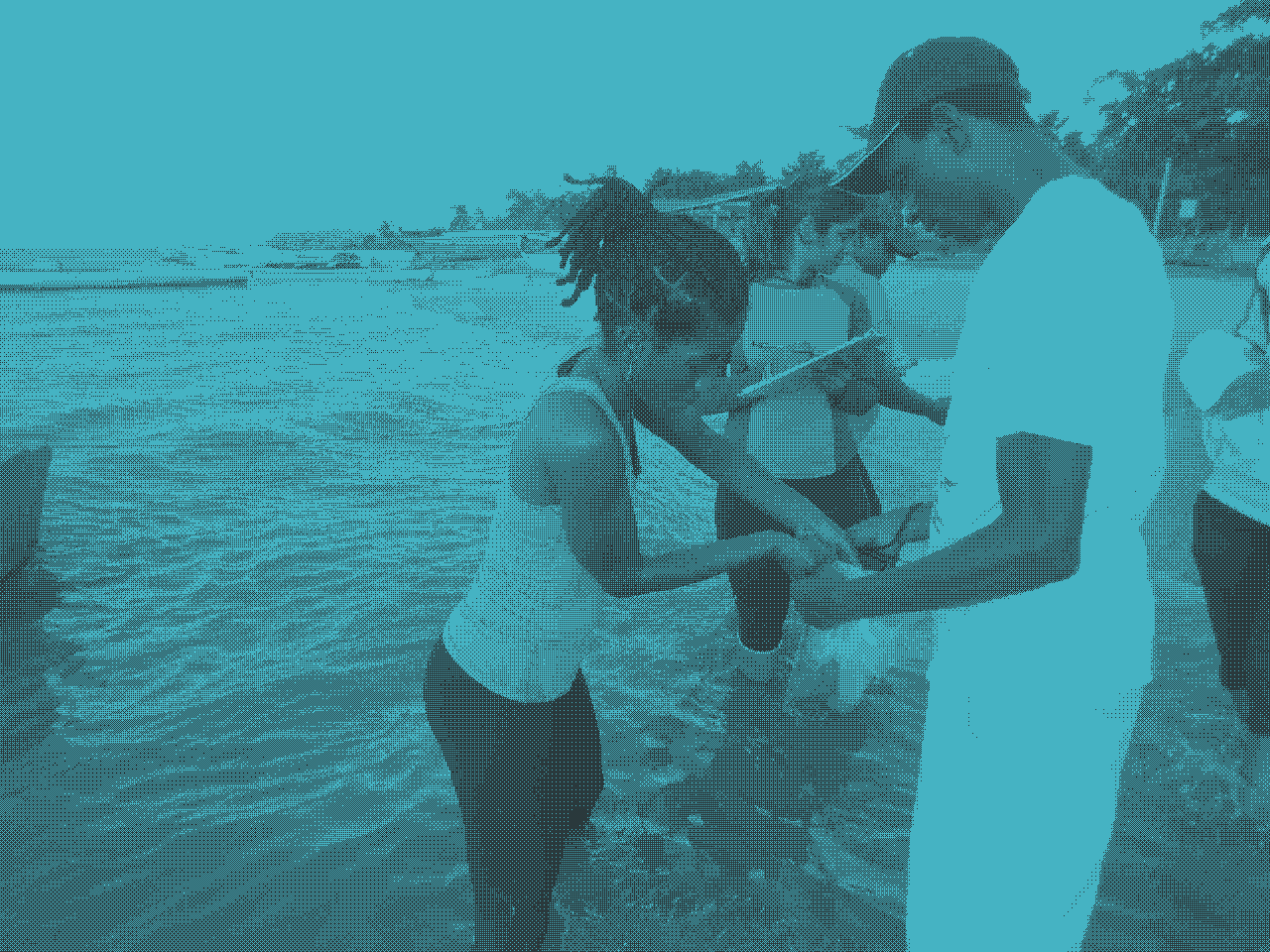
Climate change impacts in coastal areas are threatening communities and natural environments. AI is important in climate resilience since it provides data-driven insights for actionable recommendations. It will be used to identify patterns mainly from existing databases with a focus on optimizing decision-making. The project intends to:
1. Identify optimal alternative data sources to guide decision-making in data-sparse locations like the Caribbean. A variety of data sources will be explored to make estimates of long-term physical oceanographic parameters using limited in-situ datasets at selected data-rich sites across the region after establishing correlations and patterns.
2. Predict the least climate resilient coastal locations across various sites in the Caribbean. Using several pre-determined indicators to identify the realized coastal resilience of specially selected representative coastal communities, trends of these indicators with readily available parameters will be used to establish estimates of a community’s coastal resilience at sites that may lack comprehensive datasets.
3. Identify optimal techniques to sensitize/educate communities in these vulnerable locations. Coastal communities that have undergone stakeholder sensitization or education actions will be identified and suitable indicators selected to identify any improvements in coastal resilience after a common designated period. These stakeholder sensitization activities should represent diverse mechanisms so that optimal efforts can be identified at other communities. The investigation will attempt to address the uniqueness of the site and the community to indicate the optimal approach to achieving reduced vulnerability.
Stakeholder engagement is a key component of coastal projects and will be integral to this study in terms of accessing and exploring datasets and deriving suitable outputs. Data dissemination is essential and the output from this study will be shared directly with key stakeholders and the wider Caribbean.